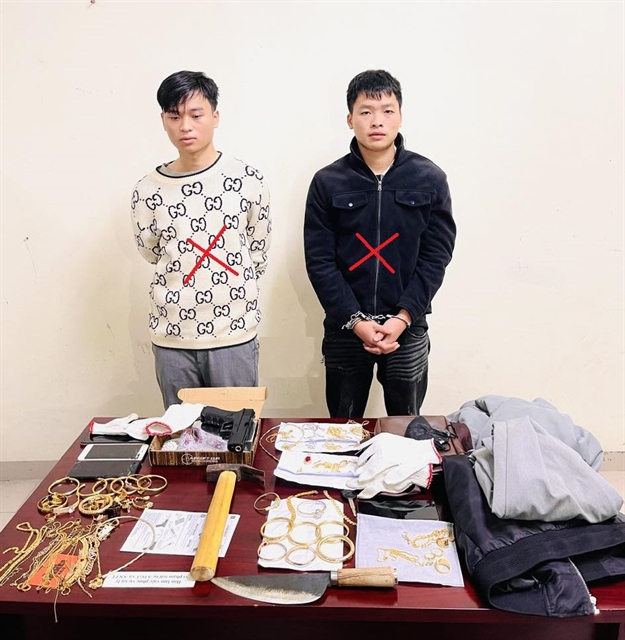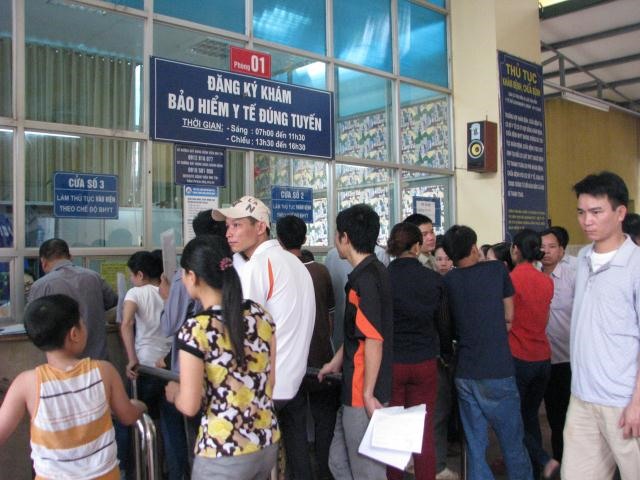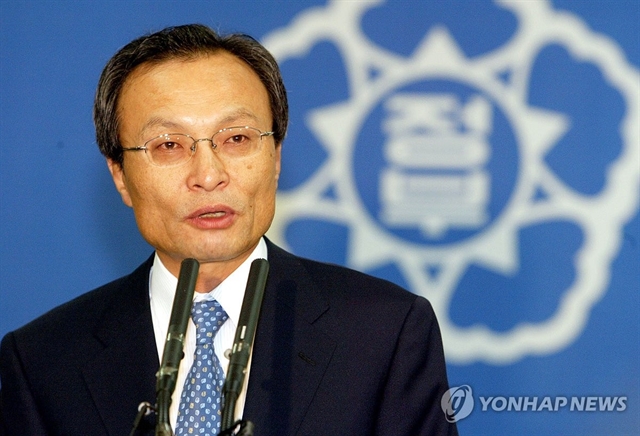 Society
Society

A new report reveals that widespread fraud by both healthcare institutions and patients have cost health insurance funds some VNĐ3 trillion ($132 million) in the first four months of the year.
 |
| New report reveals that widespread fraud by both healthcare institutions and patients have cost health insurance funds some VNĐ3 trillion ($132 million) in the first four months of the year.— Photo vietnamnet.vn |
HÀ NỘI - New report reveals that widespread fraud by both healthcare institutions and patients have cost health insurance funds some VNĐ3 trillion ($132 million) in the first four months of the year.
The report, released by Việt Nam Social Security (VSS), lists some of the main tricks used by both healthcare institutions and patients to siphon money from national and local health insurance funds.
Dương Tuấn Đức, director of the Northern Centre for Health Insurance Review and Assessment, said that in the first four months of 2017, around 2,800 patients had more than 50 health examinations, with quite a few of these people having checks more than 120 times.
In particular, 195 patients who had health checks in four different health facilities piled up a whopping VNĐ 7.7 billion ($338,600) tab, Đức said.
Healthcare institutions were making up patients’ names for dispensing drugs and over-prescribing the use of hi-tech equipment like CT scanners, he added.
Nguyễn Thị Yến, deputy director of the Department of Pharmacology and Medical Equipment under the VSS, said that a rapid survey of 31 provinces and cities had detected a big discrepancy of VNĐ121 billion ($5.32 million) in drug procurement thorough bids and purchases in the open market.
Several senior officials have spoken about this issue.
Phạm Lê Tuấn, Deputy Minister of Health, said the abuse of health insurance increased recently, negatively impacting the people, Health Insurance Fund and the Social Security Fund.
“I should say that nefarious practices have been resorted to by both people with health insurance and the healthcare institutions.
“Many people have cheated by using other people’s health insurance cards. Some of them have even reused expired health insurance cards by erasing the date and others have had health checks in many facilities during a short period of time to get drugs and other medical necessities,” he said.
In several healthcare institutions, medical practitioners have forged false medical records to claim financial settlements from health insurance agencies.
To deter such practices, the Ministry of Health has asked all healthcare facilities to improve transparency and accountability in providing their services.
“We have also introduced IT applications in our insurance reviews and assessments. The applications have helped us detect malpractices," he said.
According to the VSS, as of March 2017, the percentage of health facilities nation-wide having their data connected with the VSS was just about 74 percent, making it hard to verify the accuracy of claims.
Bùi Sỹ Lợi, Vice Chairman of the National Assembly Committee on Social Affairs, said health insurance was a good way for all people to access healthcare.
“It is undeniable that health insurance has brought about a lot of benefits for the people,” he said.
He also said that since the introduction of IT in all healthcare facilities nation-wide, concerned authorities have been able to track the flow of patients as well as drugs described.
However, it is also true that many patients and healthcare facilities have taken advantages of the imperfect present system to make profits for themselves, Lợi said.
“The MoF should take a close look at what has happened in the financial settlement for patients using health insurance cards to see if there are any loopholes or abnormalities in doctors’ prescriptions. Meanwhile, the VSS has to closely watch and monitor the process to ensure that funds are used properly.”
Phạm Khánh Phong Lan, National Assembly deputy from Hồ Chí Minh City, said the Ministry of Health had not done well as a bridge between the VSS and the hospitals.
She said a major part of the problem was that people participating in health insurance schemes made modest contributions, but wanted to extract much higher benefits.
In addition, the health insurance management mechanism between centrally-managed cities and provinces was quite different. For example, Hồ Chí Minh City, a centre for hi-tech applications and a place where serious cases from other localities are referred to, had an annual health insurance fund that always enjoyed surplus. This was attributed to efficient performance of the municipal health insurance fund. In most localities, however, health insurance funds were always in deficit.
“Another point I want to mention is the doctors’ drug descriptions. Though under the Circular 11, the Ministry of Health, prohibit doctors from prescribing brand name drugs for their patients, many doctors still do so. This is one of the reasons costing the insurance fund. Only in special cases should doctors prescribe brand name drugs for their patients." — VNS




